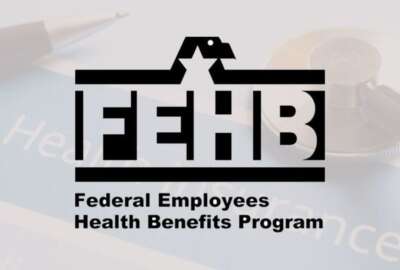GAO: Agencies lack risk management in service contracts
John Hutton, the director of acquisition and sourcing management issues at GAO, joined In Depth with Francis Rose to discuss the watchdog agency's latest report...
wfedstaff | April 17, 2015 3:34 pm
By Jack Moore
Federal News Radio
@jmooreWFED
Service contracts now make up half of all federal contracts — the result of a 44 percent increase over the past five years. But this rapid rise has led the Government Accountability Office to issue a warning sign of sorts.

“Many of these services increase the risk that contractors may inappropriately influence the government’s authority, control and accountability for inherently governmental decisions,” GAO found in its latest report on managing service contracts.
John Hutton, the director of acquisition and sourcing management issues at GAO, joined In Depth with Francis Rose to discuss the watchdog agency’s latest report.
In the report, GAO reviewed five agencies:
- Homeland Security Department
- Transportation Department
- Housing and Urban Development Department
- U.S. Agency for International Development
- National Science Foundation
When these agencies awarded, in particular, professional management-support contracts, “they really didn’t consider the extent to which they might be asking the contractor to actually perform some sensitive duties,” Hutton said. “And, if they were to do so, OMB’s longstanding guidance suggests they consider any risks associated with asking them to do those duties, and then to take appropriate management steps to better protect the government’s interests.”
The issue boils down to definitions of “inherently governmental,” as so many acquisition issues do. The difference between a contractor closely supporting the government and actually performing a job intended to be done by the government is a “very fine distinction,” Hutton said.
For example, he said, providing acquisition support or budget analyses, are examples of work that while not inherently governmental, are “closely supporting,” he added. “And that’s where the risk, I think, presents itself: Does the government have the capacity, does it have the good understanding, that in those situations, they’re considering the risks and taking appropriate action?”
Copyright © 2024 Federal News Network. All rights reserved. This website is not intended for users located within the European Economic Area.





